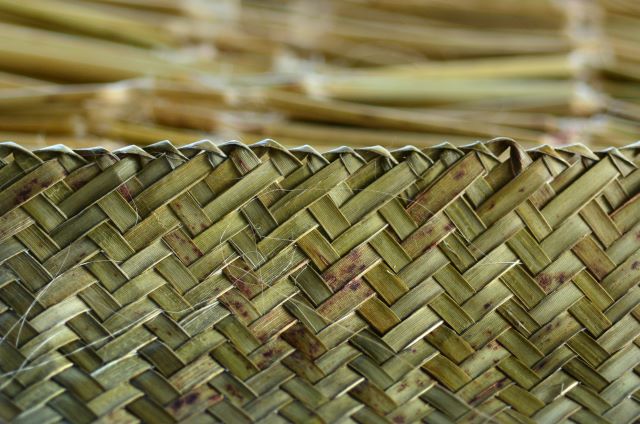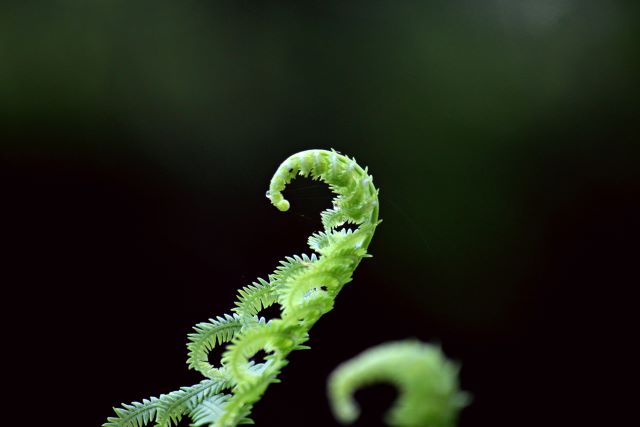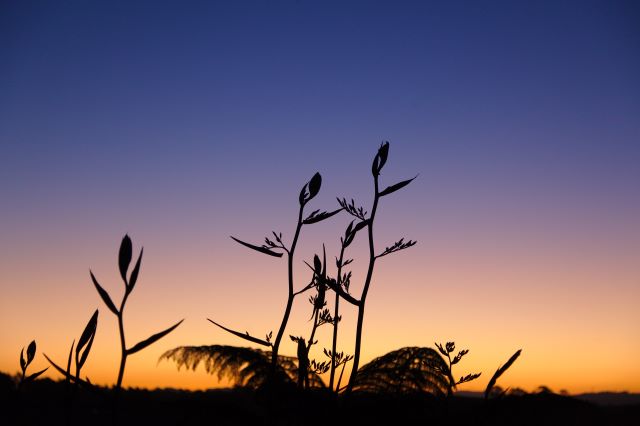International Women’s Day 2021 and Mana Wāhine in Aotearoa
Mon 08 Mar 2021
The theme for International Women's Day (IWD) 2021 (celebrated on 8 March globally) is ‘Choose to Challenge’. In line with this theme, this article highlights the Mana Wāhine claim taken to the Waitangi Tribunal alleging prejudice to wāhine Māori as a result of Treaty breaches by the Crown.

The Waitangi Tribunal’s Kaupapa Inquiry programme is designed to provide a pathway to hear nationally significant claim issues that affect Māori as a whole or a section of Māori in similar ways.
The Wai 2700 Mana Wāhine Inquiry will inquire into claims which allege prejudice to Māori women arising from Crown breaches of the Treaty of Waitangi with damage to their customary roles and relationships with their whenua, whakapapa and mātauranga, with serious prejudicial consequences for their social, economic, cultural and spiritual well-being, and their access to leadership roles.
The Waitangi Tribunal’s Kaupapa Inquiry programme was announced in 2015, with the Mana Wāhine Kaupapa inquiry (Wai 2700) formally initiated in December 2018. However, the original claim was made in 1993 by 16 leaders - Dame Areta Koopu, Dame Whina Cooper, Dame Mira Szaszy, Ripeka Evans, Dr Erihapeti Murchie, Dame Georgina Kirby, Dame June Mariu, Violet Pou, Hine Potaka, Dame Aroha Reriti-Crofts, Dr Papaarangi Reid, Donna Awatere-Huata, Lady Rose Henare, Katerina Hoterene, Te Para (Mabel) Waititi, and Kare Cooper-Tate – and was triggered by the removal of Dame Mira Szaszy from the shortlist of appointees to the Treaty of Waitangi Fisheries Commission.
The confirmed scope for the inquiry outlines a set of contextual or frame of reference hearings proposed by the claimants which provide a tūāpapa for the Inquiry and cover the tikanga of mana wāhine and the pre-colonial understanding of wāhine in te ao Māori. These contextual hearings (tūāpapa) will form the baseline against which Crown breaches of Te Tiriti can be considered for the balance of the Inquiry.
In the claimants’ view, the central question is the denial of the inherent mana and iho of wāhine Māori and the systemic discrimination, deprivation and inequities as a result. The claimants consider that themes or “pou” will likely emerge to frame the Inquiry and can be referred to when looking at both the historical and contemporary aspects of the claims. These include:
- rangatiratanga (leadership and decision making);
- whenua (connection to and authority over lands, forests, fisheries and other taonga);
- whakapapa / whānau (the intergenerational wellbeing of Māori women and their whānau); and
- whai rawa (the economic position and opportunities of Māori women).
In particular, within the theme of ‘whakapapa / whānau', the sub-theme ‘Manaaki tangata / whānau’ outlines a number of issues with relevance to the family, whānau and sexual violence sectors, including:
- "The Crown’s actions and omissions in relation to wāhine Māori and whānau and/or children, including, the actions and omissions of Oranga Tamariki and its predecessors, the Ministry of Social Development and the Ministry of Health.
- The Crown’s actions and omissions in relation to domestic and sexual violence towards wāhine Māori.
- The Crown’s actions and omissions in relation to wāhine criminal victimisation and/or wāhine Māori in the justice system.
- Effect of NZ war service on whānau structure and wāhine leadership.
- Crown’s abortion law reform.
- Human Rights Act and failure to protect rights of takataapui and Māori sex workers.
- Failure of the Crown to ensure Birth, Deaths and Marriage process reflects tikanga Māori and mana wāhine."
Two tūāpapa (contextual) hearings have already been held in February. Giving evidence at the first tūāpapa hearing, one of the original claimants, Ripeka Evans, stated that:
“the colonial frame in which the colonising culture that looked to men as leaders and chiefs - this caused the negation of wāhine Māori mana motuhake and rangatiratanga over their whenua, taonga, mātauranga, hearts, bodies, minds and beliefs.”
She urged the tribunal to complete the claim in her lifetime - something that some of the original claimants were unable to witness. There are expected to be three more tūāpapa hearings later in 2021.
You can find regular updates about the progress of the Mana Wāhine Inquiry on the Ministry for Women's website.
Related media
Māori Women: Caught in the Contradictions of a Colonised Reality, E-Tangata, 25.09.2022
The Mana Wāhine inquiry isn’t over yet, The Spinoff, 02.08.2021
Women's ancient roles to fore for tribunal, Waatea News, 12.07.2021
Mana Wahine claim heard at Tūrangawaewae marae - Te Ao Māori News 25.02.2021
New Zealand's Māori women have more to contend with than ordinary sexism - Guardian 5.02.2021
Mana Wāhine Inquiry: Original claimant Ripeka Evans gives evidence - RNZ 3.02.2021
The founding mothers: how Māori women are reclaiming their birthright this Waitangi - Stuff 7.02.2021
Kaupapa on the Couch: taking back mana wāhine (WATCH) - The Spinoff 9.03.2018
Image: Shutterstock





